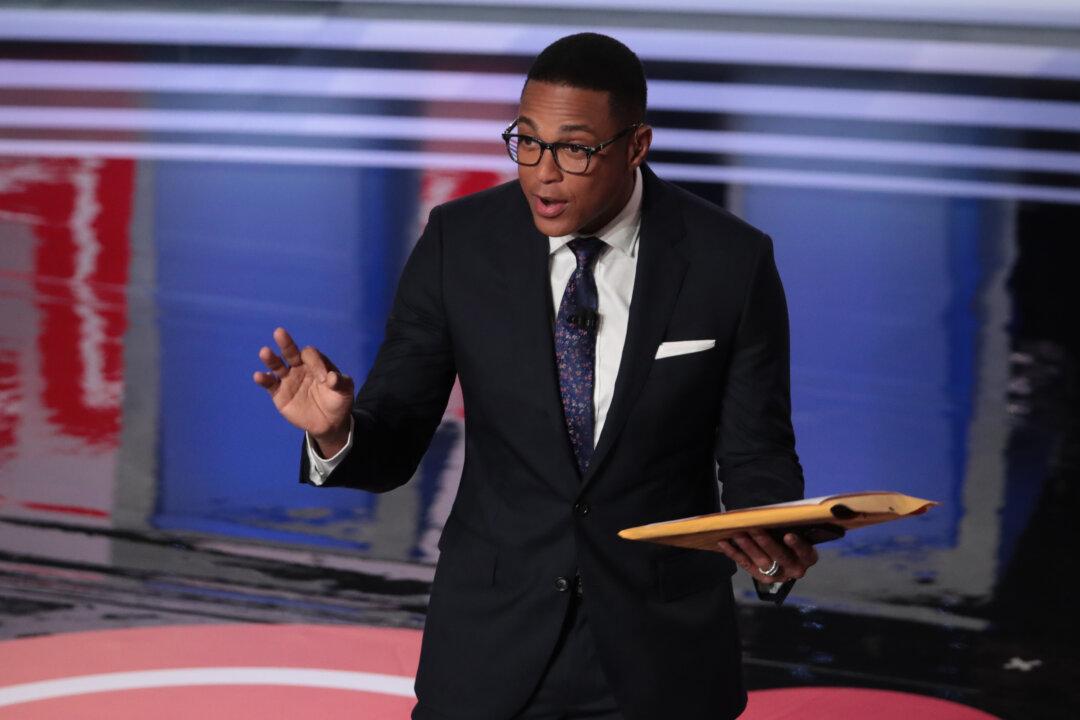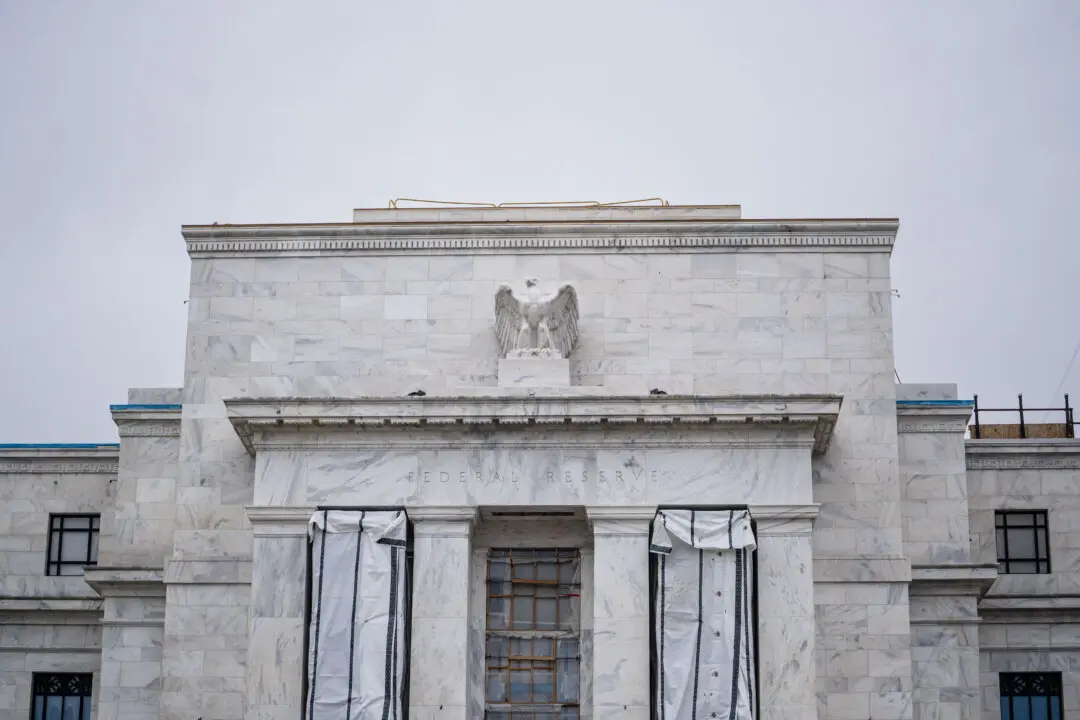NEW YORK—Collette McLafferty was rehearsing at a studio in Long Island one night in 2014. A P!nk cover band had hired her to sing lead for a one-night gig at a pub.
A man walked into the studio holding a stack of papers. He approached the bassist, Richard Nevine, and took some papers from the stack to hand to him. The man was a process server there to tell Nevine he was being sued by a former bandmate for allegedly stealing his idea to start Long Island’s first P!nk cover band.





